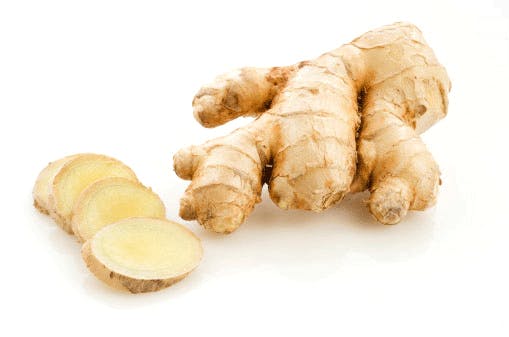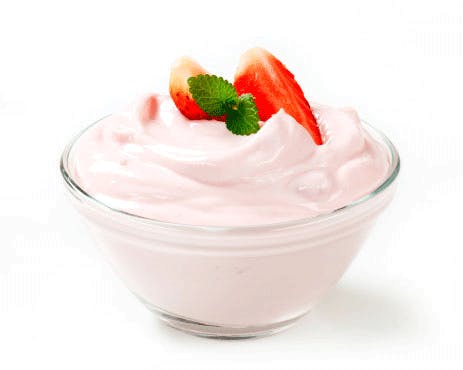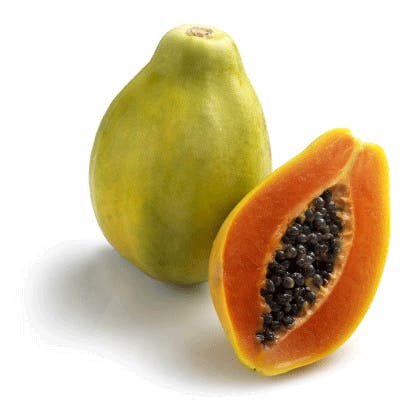What Is Gas And Bloating?
Gas in your stomach and digestive system is part of the normal process of digestion. Getting rid of excess gas, either by burping or passing gas (flatus), is also normal. Stomach pain due to gas may occur if gas is trapped or not moving well through your digestive system.
Bloating is a sensation of having a full stomach, often due to a gas problem.1,2 Most of us have experienced the bloated stomach, when the tummy is stretched, puffy and uncomfortable3.
Eating a lot of salty food and carbohydrates can make you feel bloated, as can eating too fast or drinking a lot of fizzy drinks.4
Causes & Symptoms
The longer your stool sits in your colon, the more time bacteria have to ferment what’s there which makes you feel bloated.2
- Eating habits: Eating too much too quickly in one sitting can trigger acidity and gas both5, as it may cause a person to swallow more air, resulting in gas formation immediately after eating.
- Diet: Consumption of food like whole wheat, beans and lentils, cabbage, broccoli, cauliflower, corn, potatoes, carbonated beverages or milk and dairy products can also contribute to gas.3,6
- Medical conditions: Like chronic intestinal disease, change in bacteria in small intestine, food intolerances or constipation could also contribute to intestinal gas, bloating or gas pain7,8
Prevention & Relief
Dietary changes may help reduce the amount of gas your body produces. Keeping a diary of your diet and gas symptoms will help your doctor and you to determine the best options for changes in your diet. The following lifestyle tips may improve gas symptoms:
- Prevent overeating: Overeating leads to indigestion, sluggishness and an uncomfortable gassy bloating.
- Avoid spicy and fried food: It can trigger bloating as these are heavy and difficult to digest, causing excess gas in the stomach.
- Adding fiber to the diet: It helps ensure better digestion that can reduce the episodes of bloating. Including dry fruits, nuts, grains, fruits, vegetables and legumes to your diet can/may ensure better digestion by increasing your fiber intake.
- Exercise regularly: Little or no exercise can cause bloating as the body becomes sluggish and lazy. Maintaining a healthy exercise routine aids in better digestion and controls bloating.
- Have water: To help prevent constipation, drink water throughout the day and with fiber supplements.
- Restrict alcohol, caffeine and cigarettes: Try keeping a check on the amount of tea, coffee, cigarettes and alcohol you consume, as all these are triggers for bloating.
- Reduce dairy: You also may try dairy products that are lactose-free or take milk products supplemented with lactase to help with digestion.
- Sugar substitutes: Eliminate or reduce sugar substitutes, or try a different substitute.
- Carbonated beverages: Avoid or reduce your intake of carbonated beverages.
Home Remedies That Help
You Combat Stomach Gas:

Ginger: It is one of the well-known Ayurvedic solutions for gas problems. Sipping on ginger tea is beneficial, as ginger is known to be useful in the breaking up and expelling of intestinal gas.

Yogurt and Buttermilk: The use of probiotics like yogurt and buttermilk also helps in relieving gas and supports digestion. Probiotics are substances that contain ‘good’ bacteria which are the natural inhabitants of our gut and are responsible for maintenance of its health.

Aloe Vera Juice: Aloe vera juice is a great home remedy for treating gas and associated pain significantly.

Papaya: Papaya is not only rich in anti-oxidants but also papain, an enzyme that aids the digestion of dietary proteins and prevents the formation of excessive gas in the stomach.
Another sure alternative for faster result – Eno.
Eno is clinically proven to provide fast relief from acidity and its symptoms9. Eno gets to work in 6 seconds10 and helps balance excess acid in your stomach with just one dose. Eno works with your body and gets to work faster than any leading liquids and tablets antacid products#11-12.
Eno works on9 –
- Gastric fullness or heaviness
- Upper abdomen discomfort
- Burning sensation in the throat, chest and stomach
- Sour taste in the mouth
- Upset stomach due to heartburn or acid indigestion













